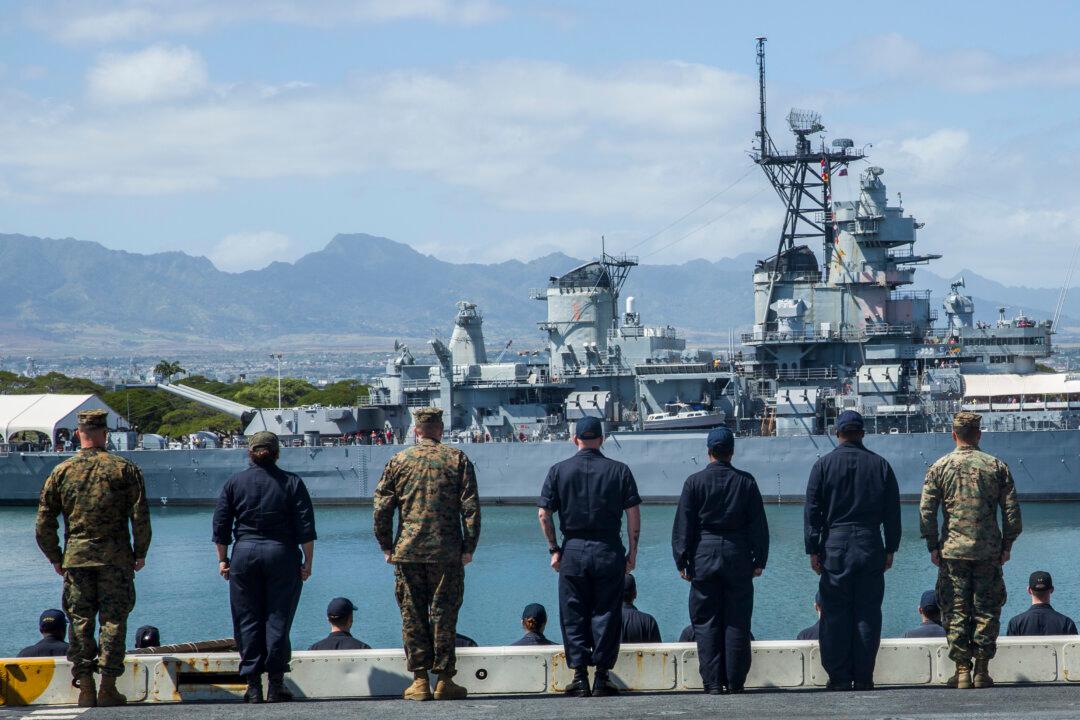A naval officer who flew some of America’s most secretive aircraft, and who attended U.S. Navy nuclear training schools, has been accused of spying on the U.S. military on behalf of China and Taiwan.
Lt. Cmdr. Edward Chieh-Liang Lin, who emigrated to the United States from Taiwan, is now being held in a Navy brig in Virginia, according to U.S. Naval Institute News (USNI News).
It reports that Lin served as a “nuclear-trained enlisted sailor,” and as a “signals intelligence expert on the Navy’s sensitive EP-3E Aries II surveillance aircraft.”
According to the complaint, Lin’s charges include two cases of espionage, three cases of attempted espionage, five cases of communicating defense information, one count of patronizing prostitutes, one case of violating general order, and one case of adultery (which violates military law).
The complaint is heavily redacted, and details on the case are still somewhat slim, but USNI News was able to gain more information on the case from unnamed sources and open source military reports.
An unnamed U.S. official with information on the case told USNI News that in addition to allegedly passing secret military information to the People’s Republic of China, Lin also allegedly passed information to Taiwan.
The situation should become more clear as the trial starts. As USNI News notes, it’s not uncommon for U.S. allies, such as Taiwan and even Israel, to spy on the United States, but it is not common for an individual to spy on the United States on behalf of two governments—and this is likely even more so with Taiwan and Mainland China, which don’t exactly get along.





